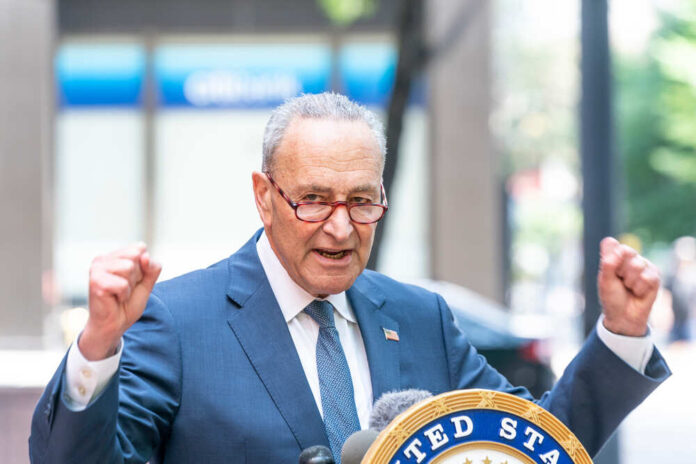
In the realm of international relations, the United States and Israel share a unique and long-standing relationship that has been characterized by mutual support and cooperation. This alliance is rooted in shared values such as democracy, freedom, and a commitment to regional stability. However, recent developments have revealed an emerging divide within the U.S. political landscape, with some factions questioning the nature of this relationship.
The U.S. has traditionally been Israel’s most important ally, providing significant military and economic aid, as well as political support in international forums. This relationship has been crucial for Israel’s security and has helped the country maintain its qualitative military edge in the volatile Middle East. In turn, Israel has been a key strategic partner for the U.S., particularly in counterterrorism efforts and intelligence sharing.
In recent years, however, there has been a growing debate within the U.S. about the nature of its relationship with Israel. Some progressive Democrats have expressed concerns over Israel’s treatment of Palestinians and its settlement policies in the occupied territories. They argue that the U.S. should use its leverage to pressure Israel to change its policies and work towards a peaceful resolution of the Israeli-Palestinian conflict.
On the other hand, many Republicans and some Democrats continue to view Israel as an important strategic ally and a beacon of democracy in the Middle East. They argue that Israel faces existential threats from Iran and other regional adversaries and that the U.S. should continue to provide unwavering support to its ally.
The recent developments in Israel’s political landscape, particularly the proposed judicial reforms, have further highlighted this divide. Critics argue that these reforms could undermine Israel’s democratic institutions and lead to a more authoritarian government. Supporters, however, maintain that the reforms are necessary to balance the power of the judiciary and strengthen Israel’s democracy.
The U.S. response to these developments has been cautious, with the Biden administration expressing concern about the potential impact of the reforms on Israel’s democracy. At the same time, the administration has reaffirmed its commitment to the U.S.-Israel relationship and its support for Israel’s security.
In conclusion, the U.S.-Israel relationship is complex and multifaceted, with different factions within the U.S. political landscape holding varying views on the nature and future of this alliance. While the relationship has been characterized by strong support and cooperation, recent developments have brought to the fore questions about the nature of this relationship and the role of the U.S. in promoting democracy and human rights in the region.














